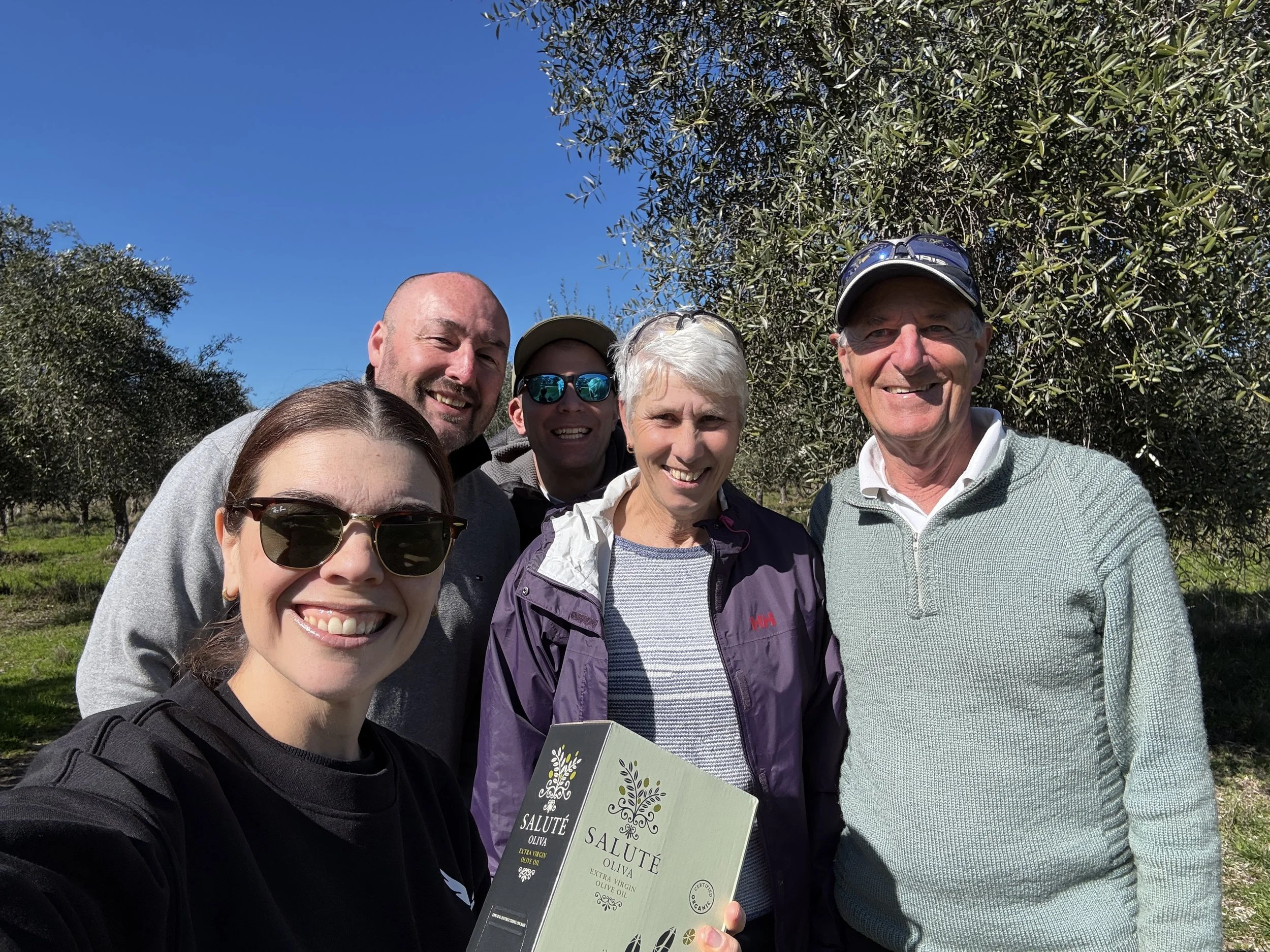Search our learnings, perspectives and insights across our impact areas.
Business Resilience, Why Proactive Preparedness Matters.
Resilience isn’t about disaster plans, it’s about helping businesses adapt to whatever comes next. Learn why proactive preparedness delivers stronger outcomes for regional economies than traditional post-crisis recovery programs.

